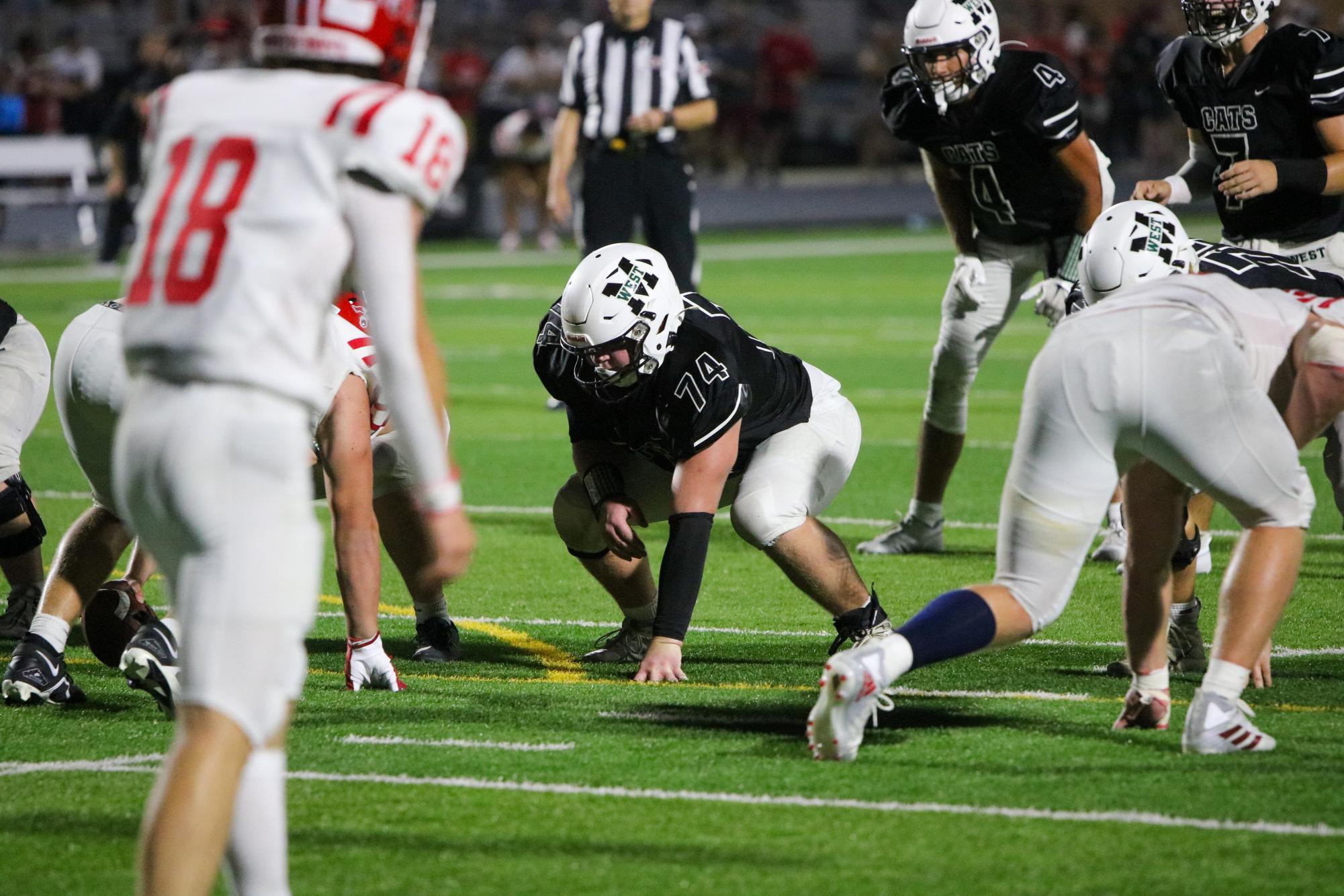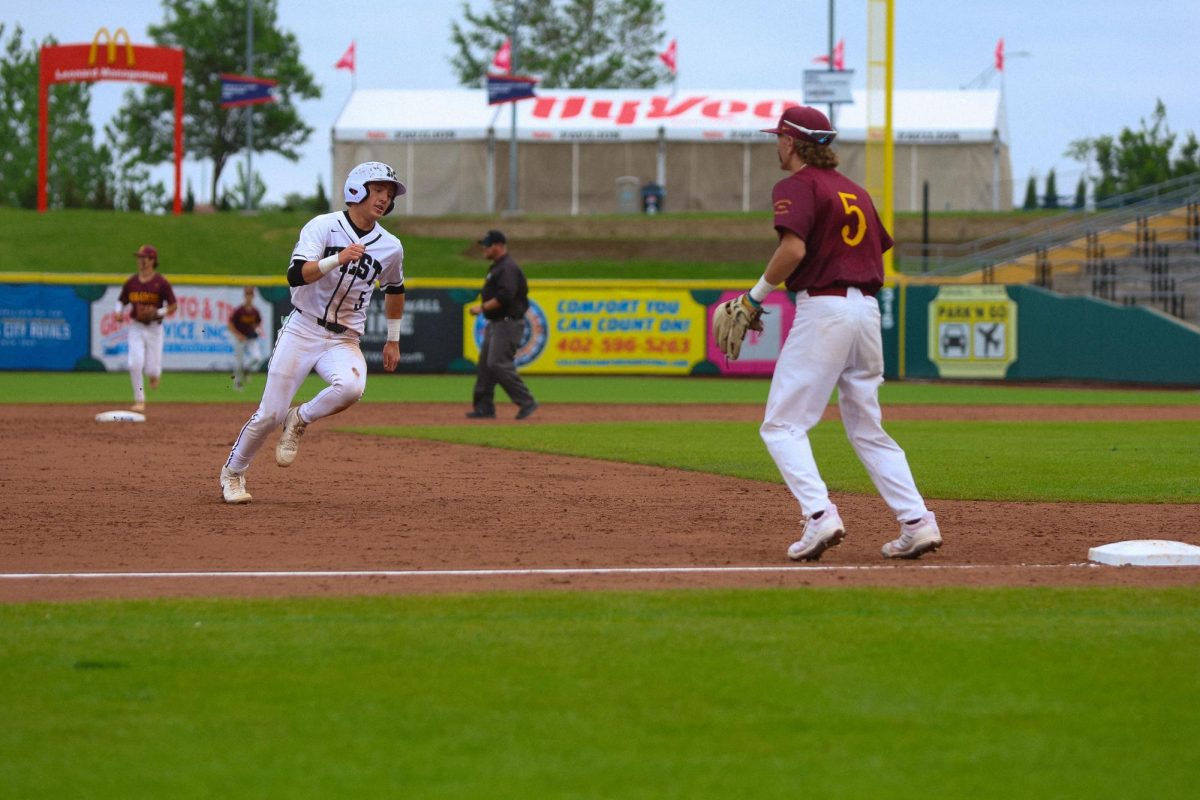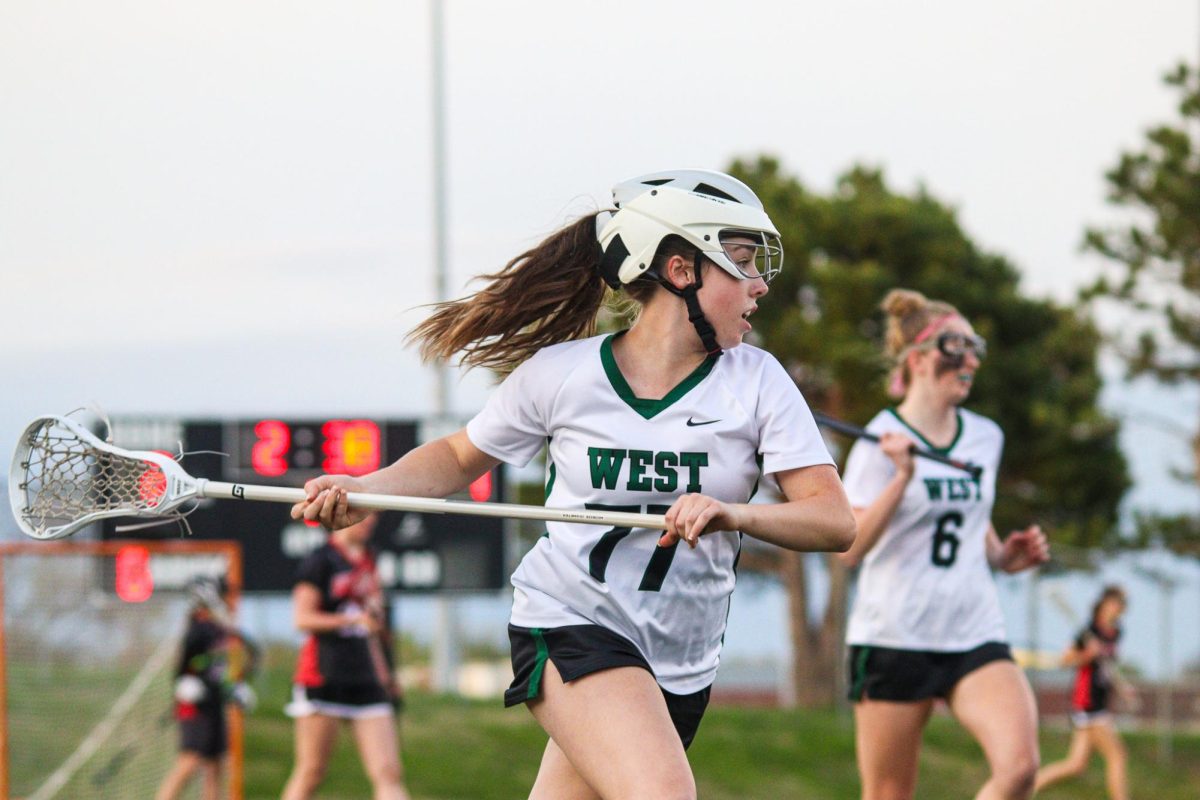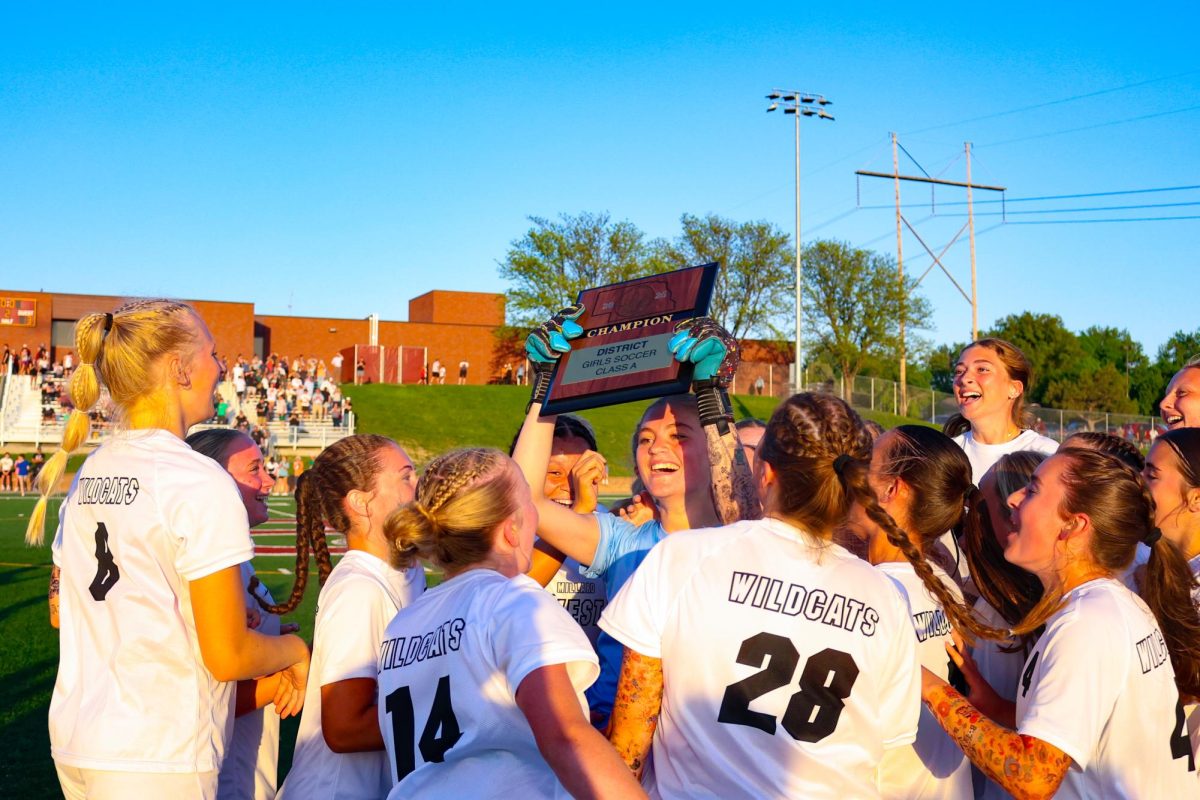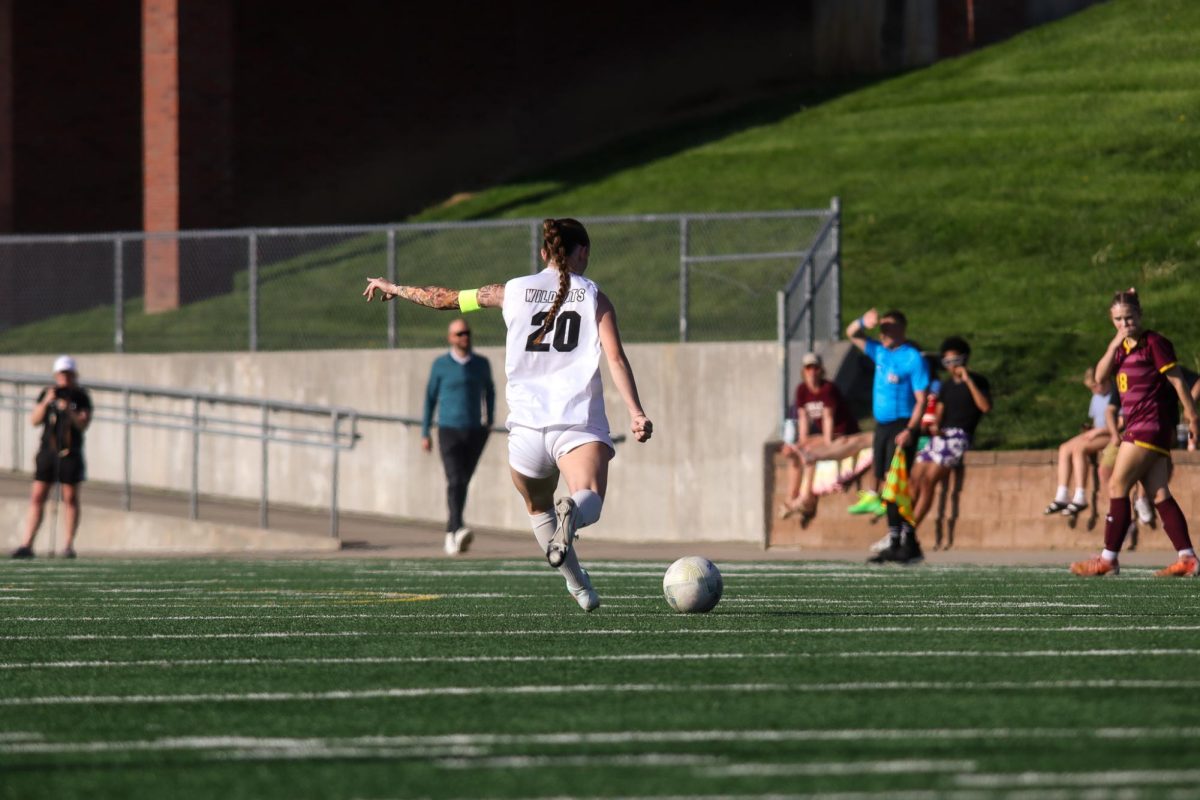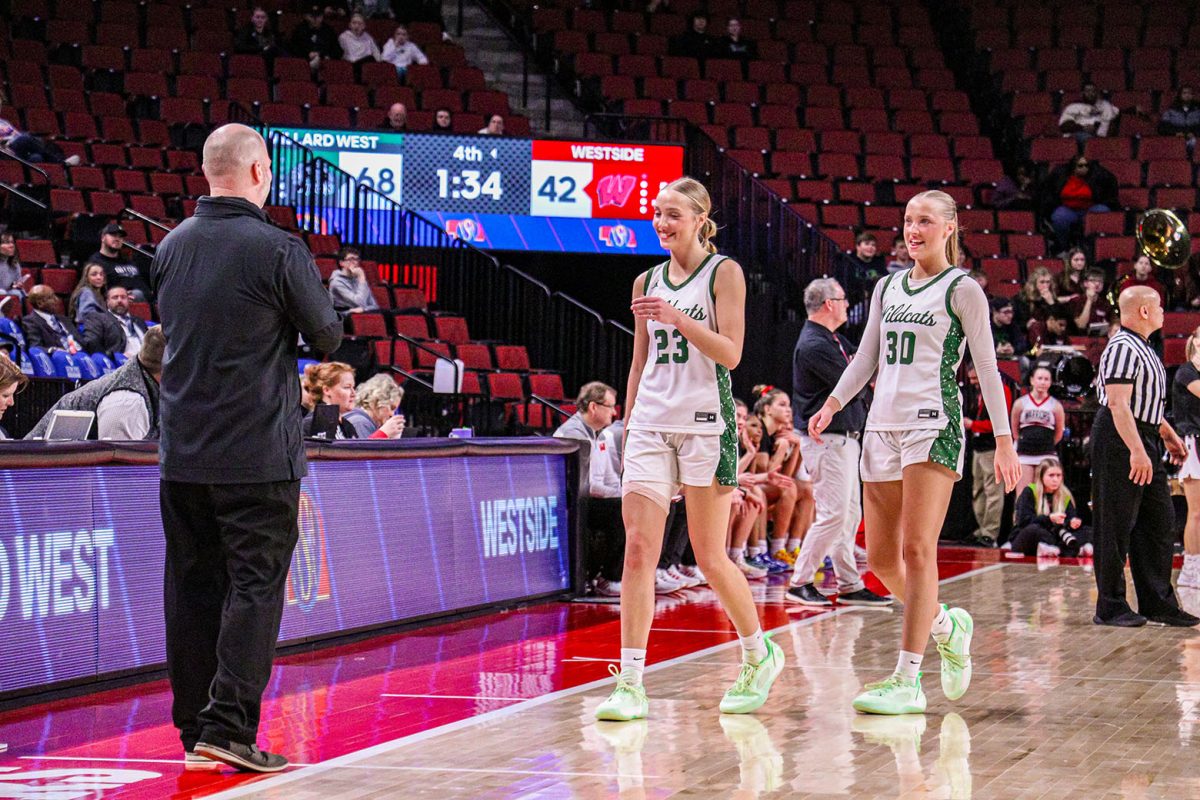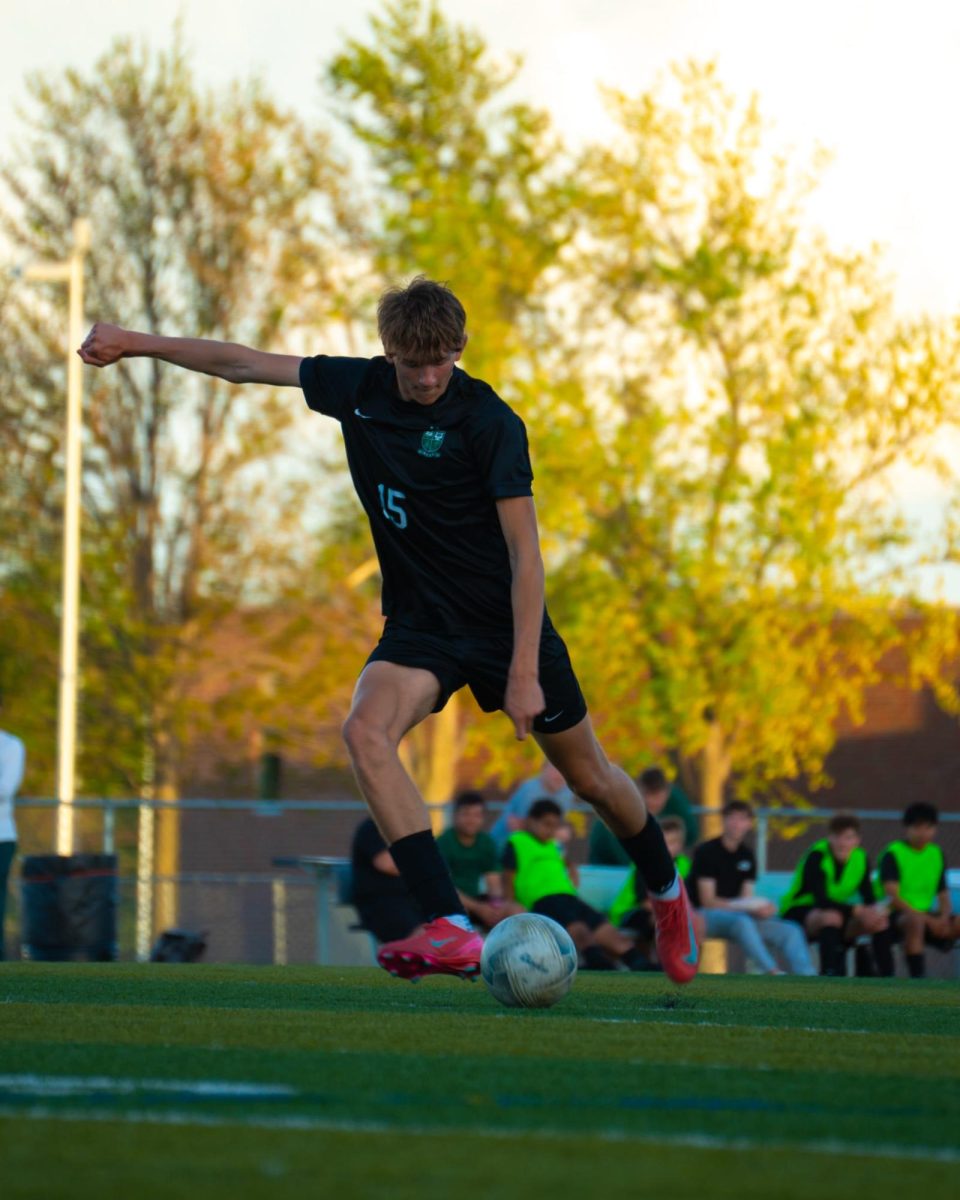To be able to beat your competition, you have to beat yourself, and when you come back from an injury, that task can suddenly become ten times harder. Teens who have had injuries express the tolls an injury took on their mental health.
One of the most impactful things to a student athlete’s life is an injury. For them, this is a setback, or a bump in the road. They have recovery, which includes physical therapy and getting back into their training routine while trusting themselves. Along with that, they have a goal to fulfill. When athletes get back to their sport, they have to focus on proving that they didn’t let their injury affect them so terribly, they have to show that they aren’t “weak”, and that they deserve to play.
“I had a stress fracture in my lower back and I let my injury define me in some ways,” junior runner Katherine Ebmeier said. “When you are so committed and passionate about something, and then it’s taken away from you, you feel kind of lost. My injury took me to a really tough place mentally, but now that I am out of it, I’m grateful for all that I learned. My time away really helped me see that I was more than just a runner.”
Ebmeier was out for most of her cross country season sophomore year, and failed to regain strength in the final weeks she was back, which made her track season a rebuilding one. When she wasn’t in physical pain, her mentality was so negative, which altered her performance greatly. It took her over a year to get herself back to where she wanted to be in running, and there were so many times that she questioned what she was working so hard for or why she even cared so much. Her dedication and determination have led her to many great rewards this season.
“I had minor tears in the ligaments in my left ankle and tendonitis in my left knee,” junior long jumper Katherine Hinners said. “As I persevered through my injury, I had so many thoughts and emotions flooding my mind, like being annoyed due to the fact that I wasn’t performing at the level I knew I could. I also feared being taken off of varsity and not being able to compete at meets. It was hard to ignore these thoughts when it was all I was thinking about.”
Hinners competed through her injury for the last three weeks of her freshman season and the entirety of her sophomore season. This wasn’t her first rodeo, so she wasn’t scared that it was all for nothing. But her love for the sport was tested, along with her confidence in being able to perform, and her willingness to keep practicing.
“I had a patella dislocation, torn medial patellofemoral ligament, multiple strained ligaments, and some cartilage,” senior lineman Logan Johnson said. “As someone who’s gone through it, I can personally say it was the largest and toughest fight I have ever dealt with in my life. Early on during physical therapy, I was just excited for each step I took. But as I progressed, there were times when it was hard to stay motivated. It made me feel almost useless, and put me in a mindset where I didn’t know if I should keep working.”
Being raised a certain way can impact the way a person’s mindset and how they view things. For Johnson, this was the case. He was raised in a way that influenced him heavily when coming back from this injury. At this point in his high school sports career, he had played the game for too long to just give it up after one minor setback. Although he wasn’t cleared for unrestricted activity until about eight months after the surgery, it gave him an opportunity to mature.
The thoughts, feelings, and mentality a person can face during an injury change who they are as a person. It causes pain mentally and physically, along with doubt. But along the way, it can also allow a person to not take things for granted and realize not everyone can have a comeback, especially without long-term effects. For these athletes, it gave them another chance.

